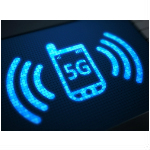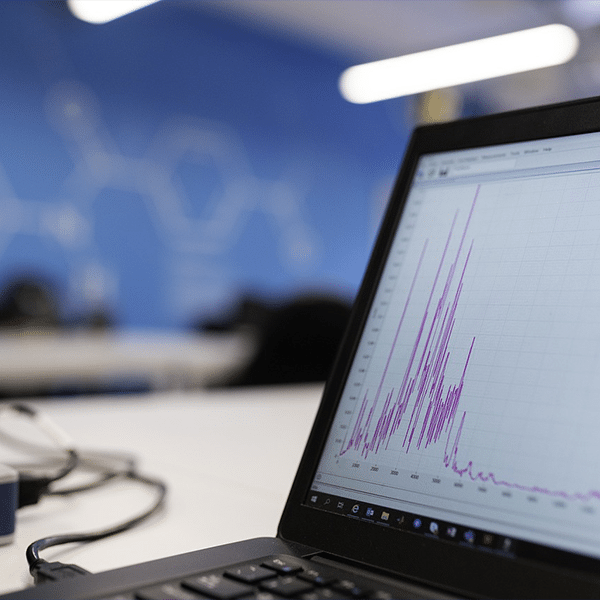 The three major carriers each had something to crow about in Opensignal’s 5G User Experience Report for June. Verizon had the fastest 5G, while T-Mobile had the best availability. AT&T and Verizon tied for fastest speed overall (all networks, not just 5G).
The three major carriers each had something to crow about in Opensignal’s 5G User Experience Report for June. Verizon had the fastest 5G, while T-Mobile had the best availability. AT&T and Verizon tied for fastest speed overall (all networks, not just 5G).
Though its speed was down from the last Opensignal report, Verizon easily won the 5G Download Speed Award with a speed of 494.7 Mbps, which beat any other U.S. carrier. AT&T was next at 60.8 Mbps, followed by Sprint (49.5 Mbps) and T-Mobile (49.2 Mbps). Verizon’s average 5G speed also beat any seen globally by Opensignal.
Subscribers to 5G services still spend more of their time on LTE networks, so combined measures are important. AT&T and Verizon, at 42.6 Mbps and 41 Mbps, respectively, tied statistically in the overall Download Speed Experience category.

Spectrum Implications
Speed and range of 5G networks are directly proportional to the spectrum bands being used. Both T-Mobile and AT&T use lower band spectrum for 5G, providing the best coverage, but at lower speed. They both also utilize higher-band mmWave spectrum like Verizon, but not as their primary 5G spectrum option, like Verizon.
Sprint uses mid-band spectrum, and T-Mobile will soon include it as a part of their 5G spectrum portfolio. The U.S. will soon open more mid-band spectrum for 5G with the upcoming CBRS and C-band spectrum auctions.
The report also looked at the impact of T-Mobile’s acquisition of Sprint. In May, Opensignal found that Sprint’s average download speed was 114.2 Mbps. Following the acquisition, Opensignal says, Sprint subscribers were put on “old” T-Mobile 600MHz spectrum. This has reduced the carrier’s average 5G speeds by more than half to 49.5 Mbps. Availability, however, has risen from 10.3% to 14.1% of the time. The upshot is that these subscribers are getting slower 5G but across a wider footprint.

T-Mobile easily won the 5G Availability award. It served subscribers with 5G 22.5% of the time. This was more than Sprint (14.1% of the time) and AT&T (10.3% of the time). Verizon, due to the smaller footprint of the mmWave technology it features, connected subscribers to 5G a relatively paltry 0.4% of the time.
In February, Opensignal said that Verizon’s 5G service averaged 722.9 Mbps. This means that though its 494.7 Mbps finish in the most recent report is impressive, it is considerably slower than the previous report.


